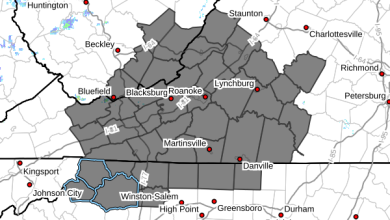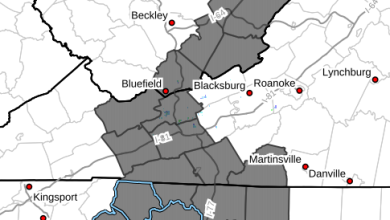Last Updated on January 9, 2018 11:03 am
The N.C. Bioenergy Research Initiative recently awarded $1 million in grants for 11 research projects to boost bioenergy opportunities and production in the state.
“These grants continue to push our knowledge of bioenergy applications in North Carolina forward, creating the potential for future market opportunities for farmers, agribusinesses and forestry industries,” said Agriculture Commissioner Steve Troxler. “This is an area that holds potential for new energy sources and job creation as research broadens our understanding.”
Below is a list of grant amounts, recipients and projects:
- $98,599 to the Appalachian State University program of Sustainable Technology and The Built Environment for its “Biochar with Anaerobic Digestion: Enhancing Crops” project. This study will investigate the viability of biochar combined anaerobic digestion to enhance biogas production and improve soil quality to increase bioenergy and vegetable crop yields on marginal lands.
- $91,944 to the N.C. State University Department of Forestry and Environmental Resources for a “Loblolly Pine Biomass Genetics/Cropping Study, 2016-2019.” The project will continue genetic evaluation of loblolly pine varieties with high potential as an energy source.
- $149,660 to the NCSU Department of Crop and Soil Sciences for a project titled “Nutrient Dynamics and Production of Bioenergy Crops in Swine Effluent Sprayfields.” Funding will continue research on the nutrient requirements and uptake of proposed biomass crops grown in a sprayfield environment.
- $57,061 to Carolina Land & Lakes RC&D for “Pellets for Plants Expanded.” This expands a previously funded project focused on wood pellet heating systems, aimed at cost savings, reducing fossil fuel by-products, improving market products, and utilizing a carbon-neutral sustainable and renewable domestic fuel.
- $32,717 to the NCSU Department of Crop and Soil Sciences for the second year of the two-year project, “Weed Management in Miscanthus and Switchgrass Bioenergy Cropping Systems.” This builds on a previously funded herbicide project, but focuses more on weed management while establishing Giant Miscanthus and switchgrass, two bioenergy feedstock crops.
- $147,093 for the second and third years of the three-year project, “Predicting Short Rotation Woody Crops (SRWC) Productivity and Economic Feasibility.” This collaboration between the NCSU Department of Forestry and Environmental Resources and the N.C. A&T State University Department of Economics, will use previously funded SRWC projects to refine and validate a forest productivity and economic model. This model will aid in decision-making for SRWC production and procurement and provide best land management practices to landowners via a publicly-available, web-based interactive tool.
- $149,115 to the NCSU Department of Horticultural Science for the project “Intergeneric Hybridization of Advanced Bioenergy Grasses” project. This project will focus on developing intergeneric hybrids between Miscanthus and Tripidium. Combining unique traits from these two genera will allow for new hybrids with broad genetic diversity and novel combinations of desirable traits ideally suited for production in North Carolina.
- $62,702 to the NCSU Department of Crop and Soil Sciences for “Developing Industrial Hemp in North Carolina.” This work will investigate the feasibility of industrial hemp for food, fiber and fuel by evaluating varieties and developing best management practices such as planting dates and response to plant growth regulators.
- $132,512 to the NCSU Department of Forestry and Environmental Resources for the project, “Intercropping Populus for Bioenergy & Veneer.” This three-year project will evaluate the profitability of intercropping biomass Populus clones with clones suitable for veneer production.
- $51,405 to the NCSU Department of Forestry and Environmental Resources for the project, “Loblolly Pine Plantations to Maximize Bioenergy Production.” This study builds on previously funded work, and uses two established experimental stands of loblolly pine. The results from this novel design will provide a better understanding of superior genotypes, crown forms, spacing and silviculture practices to optimize loblolly pine for bioenergy production.
- $27,192 to Carolina Land & Lakes RC&D for “Pellets for Pullets.” Funding will be used to install an additional wood pellet heating system on an existing farm to increase accuracy of data collection. These heating systems have been shown to offer cost savings, reduction in moisture and fossil fuel by-products and delivery of a better product to market, while using a renewable domestic fuel.
















